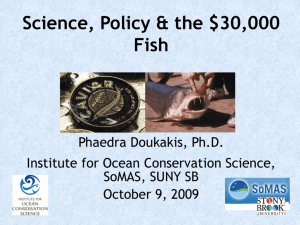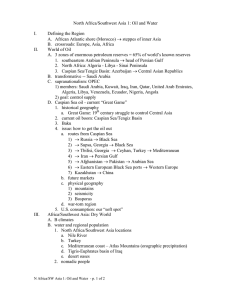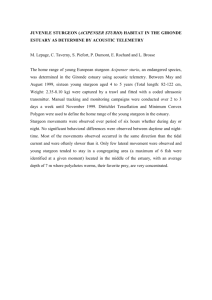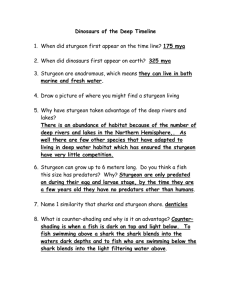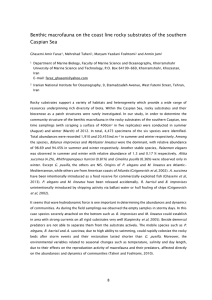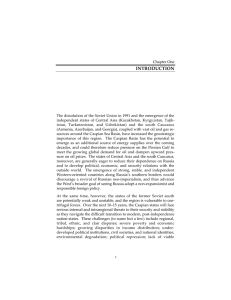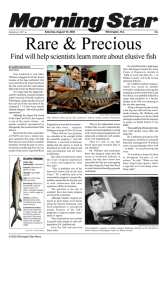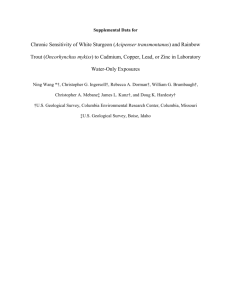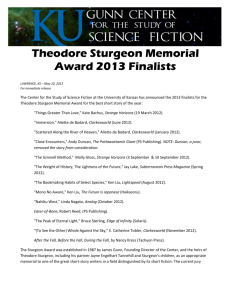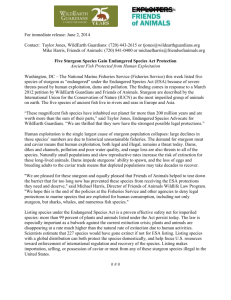The project for the construction of a fish farming plant in the
advertisement
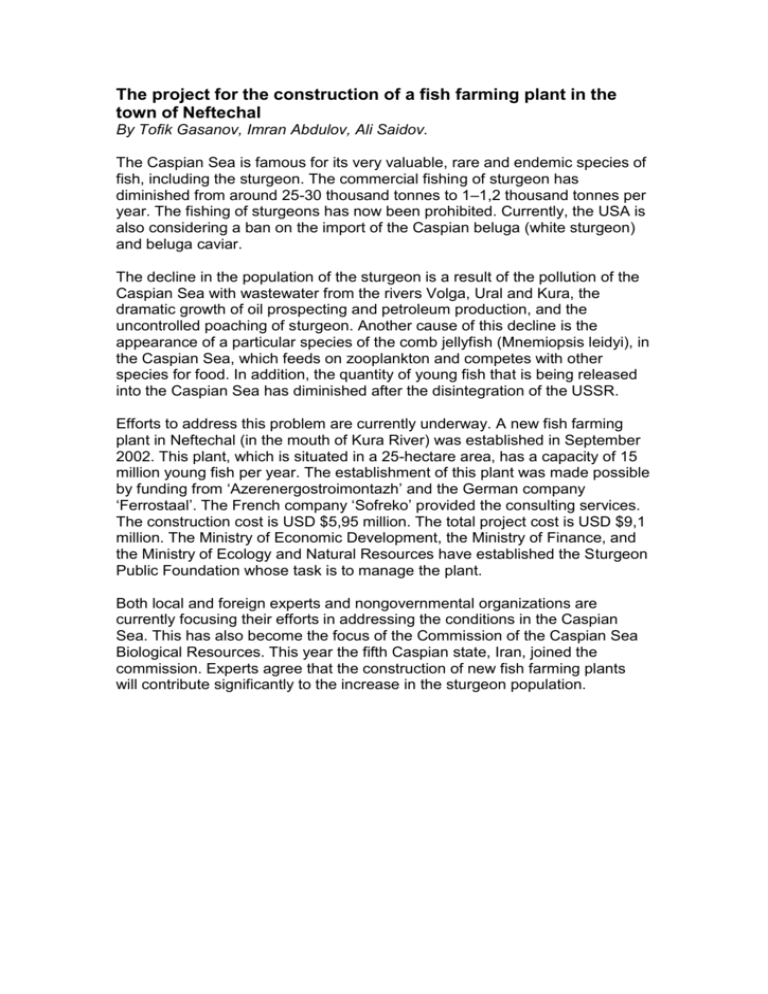
The project for the construction of a fish farming plant in the town of Neftechal By Tofik Gasanov, Imran Abdulov, Ali Saidov. The Caspian Sea is famous for its very valuable, rare and endemic species of fish, including the sturgeon. The commercial fishing of sturgeon has diminished from around 25-30 thousand tonnes to 1–1,2 thousand tonnes per year. The fishing of sturgeons has now been prohibited. Currently, the USA is also considering a ban on the import of the Caspian beluga (white sturgeon) and beluga caviar. The decline in the population of the sturgeon is a result of the pollution of the Caspian Sea with wastewater from the rivers Volga, Ural and Kura, the dramatic growth of oil prospecting and petroleum production, and the uncontrolled poaching of sturgeon. Another cause of this decline is the appearance of a particular species of the comb jellyfish (Mnemiopsis leidyi), in the Caspian Sea, which feeds on zooplankton and competes with other species for food. In addition, the quantity of young fish that is being released into the Caspian Sea has diminished after the disintegration of the USSR. Efforts to address this problem are currently underway. A new fish farming plant in Neftechal (in the mouth of Kura River) was established in September 2002. This plant, which is situated in a 25-hectare area, has a capacity of 15 million young fish per year. The establishment of this plant was made possible by funding from ‘Azerenergostroimontazh’ and the German company ‘Ferrostaal’. The French company ‘Sofreko’ provided the consulting services. The construction cost is USD $5,95 million. The total project cost is USD $9,1 million. The Ministry of Economic Development, the Ministry of Finance, and the Ministry of Ecology and Natural Resources have established the Sturgeon Public Foundation whose task is to manage the plant. Both local and foreign experts and nongovernmental organizations are currently focusing their efforts in addressing the conditions in the Caspian Sea. This has also become the focus of the Commission of the Caspian Sea Biological Resources. This year the fifth Caspian state, Iran, joined the commission. Experts agree that the construction of new fish farming plants will contribute significantly to the increase in the sturgeon population.
